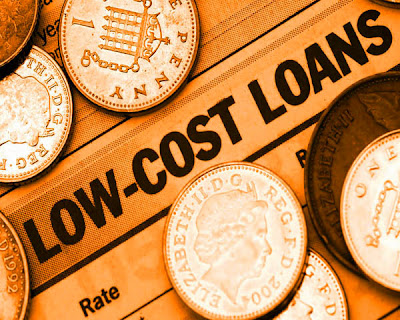Dishonesty is costly
By Walter E. Williams
Dishonesty, lying and cheating are not
treated with the right amount of opprobrium in today’s society. To gain an
appreciation for the significance of honesty and trust, consider what our
day-to-day lives would be like if we couldn’t trust anyone. When we purchase a
bottle of 100 pills from our pharmacist, how many of us bother to count the
pills? We pull in to a gasoline station and pay $35 for 10 gallons of gasoline.
How do we know for sure whether we in fact received 10 gallons instead of 9
3/4? You pay $7 for a 1-pound package of filet mignon. Do you ever
independently verify that you in fact received 1 pound? In each of those cases,
and thousands more, we simply trust the seller.
There are
thousands of cases in which the seller trusts the buyer. Having worked 40
hours, I trust that George Mason University, my employer, will pay me. People
place an order with their stockbroker to purchase 100 shares of AT&T stock,
and the stockbroker trusts that he’ll be paid. Companies purchase 5 tons of
aluminum with payment due 30 days later.
Examples
of honesty and trust abound, but imagine the cost and inconvenience if we
couldn’t trust anyone. We would have to lug around measuring instruments to
make sure that it was in fact 10 gallons of gas and 1 pound of steak that we
purchased. Imagine the hassle of having to count out the number of pills in a
bottle. If we couldn’t trust, we’d have to bear the costly burden of writing
contracts instead of relying on a buyer’s or a seller’s word. We’d have to bear
the monitoring costs to ensure compliance in the simplest
of transactions. It’s safe to say that whatever undermines honesty
and trust raises the costs of transactions, reduces the value of exchange and
makes us poorer.
Honesty
and trust come into play in ways that few of us even contemplate. In my
neighborhood, workers for FedEx, UPS and other delivery companies routinely
leave packages that contain valuable merchandise on the doorstep if no one
answers the door.
The local
supermarket leaves plants, fertilizer and other home and garden items outdoors
overnight unattended. What’s more, the supermarket displays loads of
merchandise at entryways and exits. In neighborhoods where there’s less
honesty, deliverymen’s leaving merchandise on doorsteps and stores leaving
merchandise outdoors unattended or at entryways and exits would be equivalent
to economic suicide.













